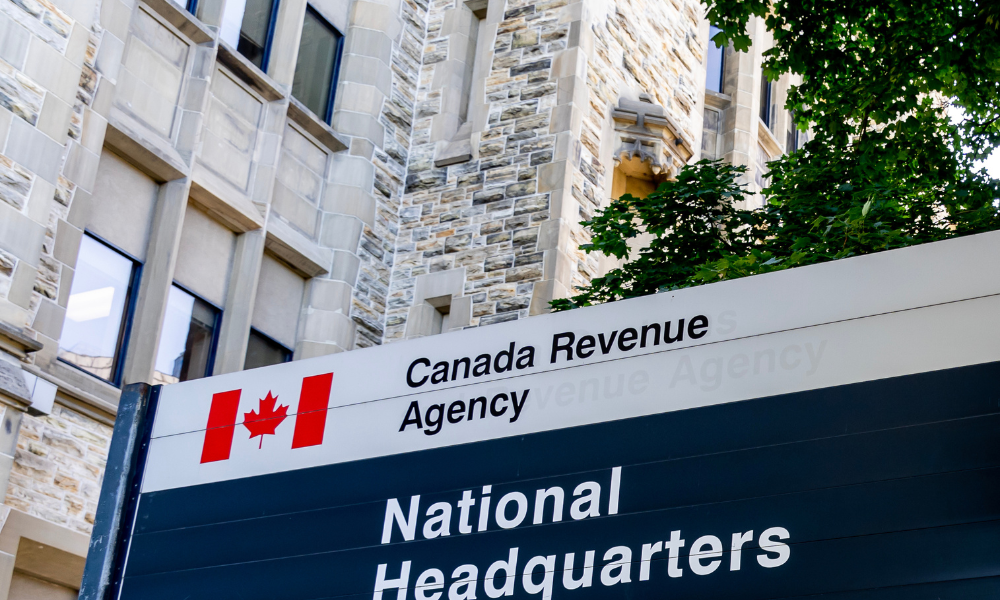The Canada Revenue Agency (CRA) has confirmed it will tax small business carbon tax rebates despite previous assurances from the Department of Finance that the payments would be tax-free, according to the Canadian Federation of Independent Business (CFIB).
In November 2024, Finance Minister Chrystia Freeland issued a public statement declaring, “This rebate will be tax-free.”
The rebates, totalling $2.5 billion, were distributed in December 2024 to approximately 600,000 small businesses, with an average payout exceeding $4,000 per recipient. While carbon tax rebates issued to Canadian families are not subject to taxation, companies must pay taxes on their payments unless new legislation is introduced and passed.
According to a written statement provided by the CRA to the CFIB, the Canada Carbon Rebate for Small Businesses qualifies as “assistance received by the taxpayer from a government in the taxation year in which the assistance is received,” making it subject to income tax. The CRA stated that the government did not introduce a legislative amendment to exempt the rebate from taxation when making the announcement.
Dan Kelly, president of CFIB, expressed frustration over the decision. “After waiting five years for the government to get around to rebating a share of carbon tax revenue to small businesses, we now learn that Ottawa will tax the tax rebate,” Kelly said in a press release.
Kelly also pointed out that many business owners have already budgeted for tax-free rebates based on the government’s assurances. “No wonder 83 percent of small business owners oppose the federal carbon tax,” Kelly added.
Despite the CRA’s decision, the Finance Department spokesperson Benoit Mayrand stated that the government still intends to make the rebates tax-free and will introduce a legislative amendment “at the earliest opportunity.”
Once the government takes the necessary legislative steps, businesses that paid taxes on their rebates can file an amended tax return to recover the amount. However, with Parliament prorogued until March 24, it remains unclear how soon legislative action can be taken.
CFIB urged the federal government to reconvene Parliament immediately to pass legislation ensuring the rebates remain tax-free. Additionally, the organization is calling for the planned 19 percent increase in the carbon tax, set for April 1, to be postponed until after the Liberal leadership vote and the next election.





